It began with a call…
Gitcoin was under attack…
With the weapons of knowledge, many from the ecosystem came to defend…
They built a machine learning algorithm to flag fraud…
But algorithms must be tuned to serve the needs of the community, else we risk punishing the innocent…
And now, the Gitcoin Galaxy needs your help to decide friend or foe… the best of machine learning with the social discretion of humans, to restore peace and justice to the Quadratic Lands of the Gitcoin galaxy…
About the workstream
The Anti-Fraud & Collusion Detection working group is analyzing Gitcoin data to explore mechanism design solutions for Sybil-Resistance.
Origins of this initiative
After GG Round 6, Gitcoin leaders reached out to BlockScience to engage in modelling and simulation work to examine the quadratic funding system for attack vectors, and how to defend them to create a more resilient system. That work opened the opportunity for a multi-disciplinary research initiative and discussions around the algorithmic governance design of the grants sybil and collusion-detection ecosystem. The research group was formed out of an #OpenScience collaboration between Gitcoin, BlockScience, Token Engineering Academy & Token Engineering Commons Labs, which ran an eight week study of grants data. You can read more in this notion library of the Co-Lab.
This work will now be carried forward in this workstream, and will take the initiative through the next steps of the process - getting the stewards up to speed on the work that has been done so far, and empowering them with computer-aided policymaking tools. With these tools, they will provide critical feedback to help decide on appropriate boundaries and values in line with the Gitcoin community. Stewards will help to build appropriate governance processes and manage modifications, community feedback integration and other needs as they arise to improve fraud and collusion prevention.
Exploring the data: Gitcoin Grants Round 7 on Kumu.
Red nodes are donors, green nodes are grants.
Workstream Ops
The workstream has two pipelines:
1. ML/Data Science
2. Governance Education
The initial workstream team is made up of members of the BlockScience and Gitcoin teams, and stewards will be invited to participate.
The Rollout
The two pipeline teams are working side by side to develop the technical frameworks and two educational workshops that will begin to further decentralize decision making in governance of gitcoin grants in relation to anti-fraud and collusion detection. There are several choices that need to be made i.e whether to tune the algorithm for sensitivity - to widen its scope (more false positives), or narrow its lens for specificity (less positives get flagged) and how to handle edge cases. For the process, we will work with sample data to see how this works in reality, and transition from “the spirit of the law” to the “letter of the law” in application and policy making.
We have sketched out the initial discovery process and what we will need to determine to get this initiative off the ground:
- Define the mandate
- Education of Stewards
- First Policy Considerations
- Defining the appeals process
- Defining the sanctions process
- Establishing processes to modify the processes
- Defining KPIs and feedback loops
- Defining operations considerations
The Road Ahead
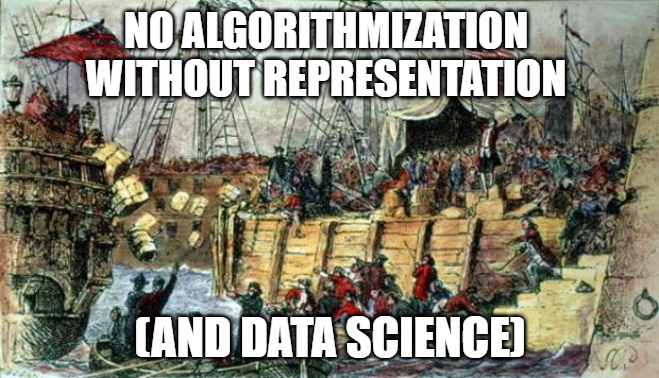
“The Boston #TE Party” - #TokenEngineering
Most algorithms that affect our lives are black boxed, and we have no say over the policy decisions or tuning of systems we engage with every day. This is among the first initiatives in history to empower collective decision making in computer-aided governance.
The road ahead is long, and we are charting new territory, but together, with the light of knowledge and taking conscious steps, we can build towards a grants system of the people, by the people (with algorithmic assistance), and for the people.
If you would like to answer the call and are interested in participating in this workstream, reply to this thread below with your interest and any related experience.
You can follow all of the developments of this workstream and the others emerging by staying tuned to gov.gitcoin.co
A special thank you to Jeff Emmett, Disruption Joe, Kevin Owocki and Scott Moore for feedback, and Dr. Michael Zargham, for the “Boston TE Party” meme inspiration.
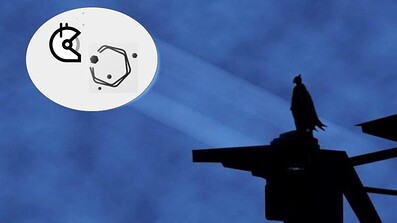
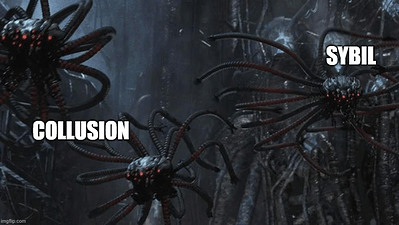
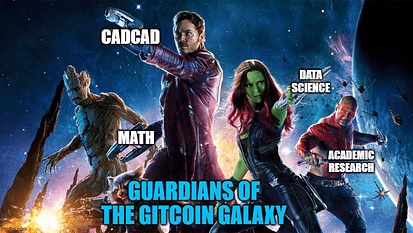
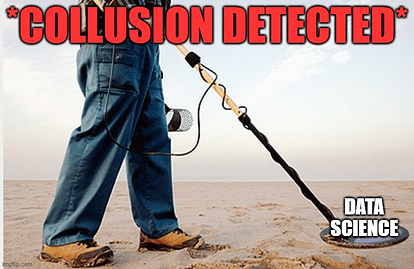
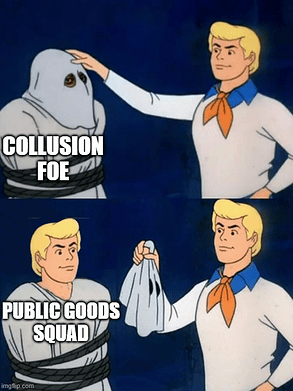
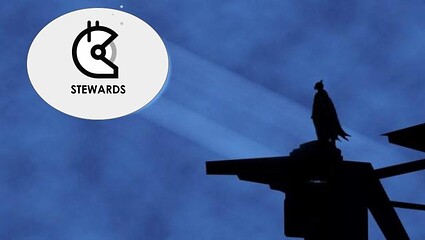
 and then pass along the good vibes.
and then pass along the good vibes.

 (post limited to 10
(post limited to 10